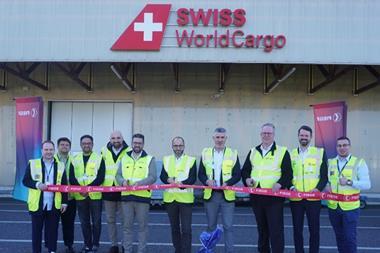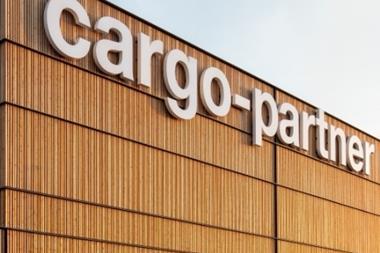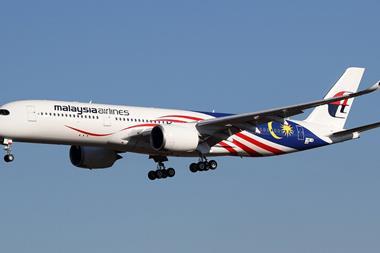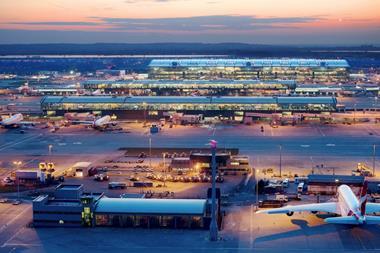The UK government has launched plans to develop a new aviation strategy to “help shape the future of the aviation industry to 2050 and beyond”.
The public are being asked to have their say on how the aviation sector should respond to a range of “technological, security, environmental and customer service challenges”.
It will also look at how the UK government can support future growth in an industry which directly supports 240,000 jobs and contributes at least £22bn to the UK economy each year.
While most of the government’s announcement concerned passenger, environmental and airport capacity issues, cargo was mentioned in one of six key bullet points.
Under the theme global connectivity, the government will look at how the UK can improve its global connectivity for passengers and freight as Britain leaves the European Union (EU) — Brexit — and how it can remove barriers to trade.
It will also assess competitive markets, looking at whether existing regulation produces the best outcome for consumers; how to encourage connectivity across UK nations and regions and how to stimulate competition to ensure the consumers have a wide choice of airports, airlines and destinations.
News of the aviation strategy proposal comes a few days after UK Transport Secretary Chris Grayling announced that the UK’s recent General Election meant that there was a delay in any House of Commons vote on at third runway at Heathrow.
In a statement Grayling said: “This government is fully committed to realising the benefits that a new north-west runway at Heathrow would bring, in terms of economic growth, boosting jobs and skills, strengthening domestic links and – critically – increasing and developing our international connectivity as we prepare to leave the European Union.
“The timing of the election, in particular the need to re-start a Select Committee inquiry into the draft Airports National Policy Statement (NPS) means we now expect to lay any final NPS in Parliament in the first half of 2018, for a vote in the House of Commons.”
Commenting on the launch of the aviation strategy study, Grayling said: “Aviation is central to our future prosperity as we leave the European Union. As a global, trading nation we want to build on the great industry we have today and create opportunities for people up and down the country.
“Our new aviation strategy will look beyond the new runway at Heathrow and sets out a comprehensive long-term plan for UK aviation. It will support jobs and economic growth across the whole of the UK.”
The minister continued: “Our vision puts the passenger at the heart of what we do, but also recognises the need to address the impacts of aviation on communities and the environment.”
The consultation was welcomed by the UK's Freight Transport Association (FTA).
Alex Veitch, FTA’s head of air cargo policy, said:"The document is refreshingly transparent about the scale of the challenge to improve the position of air freight and we look forward to working with Government to find ways to improve air cargo trade.
"The other top priority is dealing with the implications of Brexit, particularly air services agreements, and we are pleased to see that this is already a priority for ministers.”
Dr Adam Marshall, director general of the British Chambers of Commerce, said: “It is crucial that the government’s future aviation strategy supports the continued growth and development of our airports, and frees them to make the best use of their capacity to link British businesses to markets all across the world.
“Stronger airports help our cities and counties attract more investment and visitors, and connect our firms to trading opportunities overseas – so we must enable them to grow and change to meet the demands of the future.”
Consultations on each of these areas will run throughout 2017 and 2018 and will be followed by the publication of the final aviation strategy by the end of 2018.










